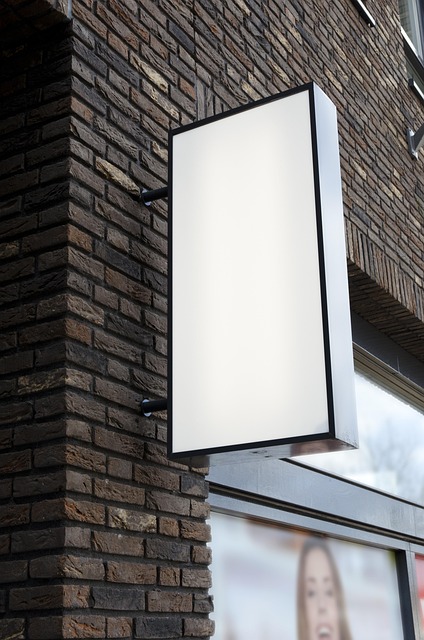Commercial electric boilers emerge as a sustainable solution for institutional heating, offering high-capacity, energy-efficient alternatives to traditional gas or oil systems. Their advanced technologies, like modular designs and smart controls, reduce emissions, cut costs, and enhance efficiency, making them a leading choice for meeting stringent environmental codes while powering diverse commercial HVAC applications.
In today’s eco-conscious landscape, businesses face stringent environmental codes demanding high-efficiency heating solutions. Commercial electric boilers emerge as a powerful answer, offering both sustainability and cost savings. This article explores the intersection of stringent regulations and cutting-edge technology in commercial electric boilers, highlighting their advantages, innovative features ensuring compliance and longevity, and their pivotal role in shaping a greener future for industries worldwide.
- Understanding Strict Environmental Regulations
- Advantages of Commercial Electric Boilers
- Technological Innovations for Efficiency
- Ensuring Compliance and Longevity
Understanding Strict Environmental Regulations

In recent years, strict environmental codes have been implemented worldwide, significantly impacting the way commercial buildings are heated and powered. These regulations demand that facilities adopt cleaner, more sustainable energy solutions, especially in light of the growing emphasis on reducing carbon footprints. When it comes to commercial electric boilers, meeting these stringent standards requires advanced technology capable of delivering efficient heating while minimising environmental impact.
Commercial electric boilers, specifically designed for institutional heating and HVAC systems, play a crucial role in this transition. They offer an alternative to traditional gas or oil-fired boilers, providing high-capacity, energy-efficient electric heating systems. The adoption of modern commercial boiler technology, such as modular and electric steam boilers, allows businesses to navigate these environmental codes effectively while reaping the benefits of cost savings and reduced emissions.
Advantages of Commercial Electric Boilers

Commercial electric boilers offer a host of advantages that are transforming the way institutions and businesses approach heating and hot water needs. One of the key benefits is their environmental friendliness, as they produce zero carbon dioxide emissions at the point of use, helping organizations meet stringent environmental codes and reduce their carbon footprint.
These boilers also boast high energy efficiency, thanks to advanced electric heating systems and innovative commercial boiler technology. This translates into significant cost savings for businesses through lower utility bills. Furthermore, modular boiler systems and compact designs make them suitable for a variety of spaces, including tight urban locations, while their smaller footprints compared to traditional gas or oil boilers allow for easier installation and reduced maintenance needs, contributing to overall operational efficiency in commercial HVAC systems. Options like electric steam boilers and electric hot water boilers cater to diverse applications, ensuring reliable and efficient institutional heating solutions.
Technological Innovations for Efficiency

Commercial electric boilers have witnessed a significant transformation due to technological innovations aimed at enhancing efficiency and environmental sustainability. Modern commercial electric heating systems leverage advanced technologies like smart controls, high-efficiency electric steam boilers, and modular boiler systems. These innovations not only optimize energy usage but also meet stringent environmental codes, making them a preferred choice for institutional heating needs.
The development of high-capacity electric boilers with superior energy efficiency has been instrumental in reducing the carbon footprint of commercial HVAC systems. Electric hot water boilers, too, have seen substantial improvements, offering precise temperature control and rapid heating, thereby contributing to overall system efficiency. These technological advancements in commercial boiler technology are not just revolutionizing industrial electric heating but also ensuring a greener future for institutional heating applications.
Ensuring Compliance and Longevity

To ensure compliance with stringent environmental codes, high-efficiency commercial electric boilers are designed to meet or exceed strict emission standards. These advanced systems incorporate cutting-edge technology in electric heating, offering significant advantages over traditional gas or oil-fired alternatives. By prioritizing energy efficiency, these boilers reduce operational costs and minimize the carbon footprint of institutional heating needs.
Moreover, the longevity of commercial electric boilers is a key benefit. They are built to withstand demanding applications, with robust construction and advanced components that contribute to their reliability. This durability extends the lifespan of the equipment, reducing maintenance requirements and offering consistent performance over extended periods. When combined with modular boiler systems and the versatility of electric hot water boilers or electric steam boilers, these high-efficiency units become indispensable assets for commercial HVAC systems in diverse sectors.
High-efficiency commercial electric boilers are not just a trend, but a necessary evolution in an era where environmental compliance is paramount. By understanding stringent regulations, leveraging the advantages of electric boilers, embracing technological innovations, and focusing on longevity, businesses can navigate the landscape of sustainability. Commercial electric boilers, with their enhanced efficiency and reduced emissions, offer a cleaner, more sustainable future for industries worldwide.
